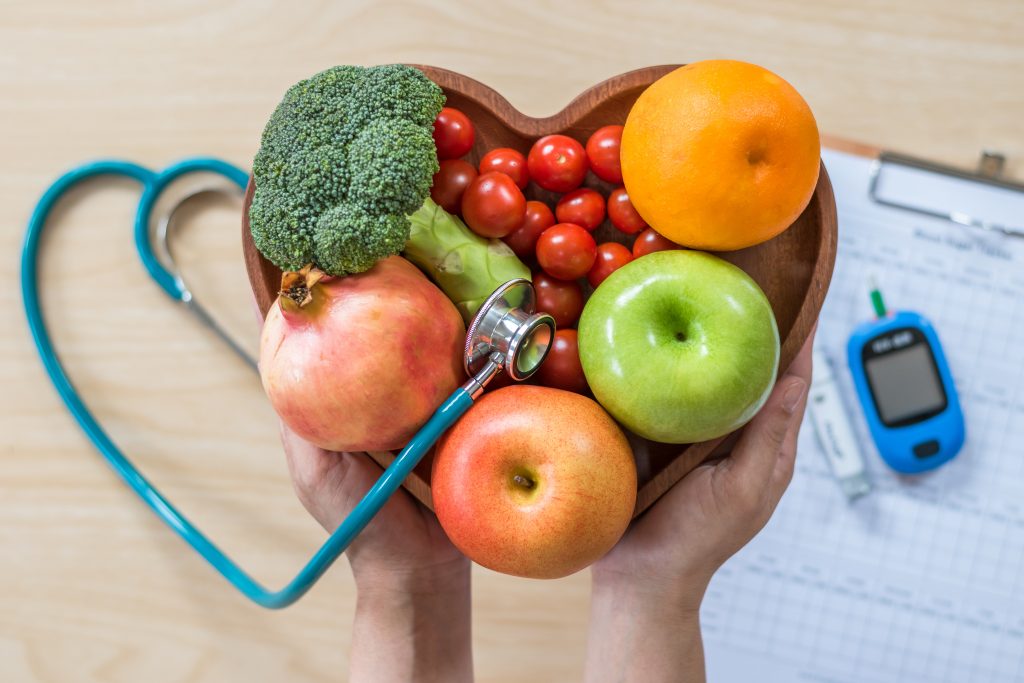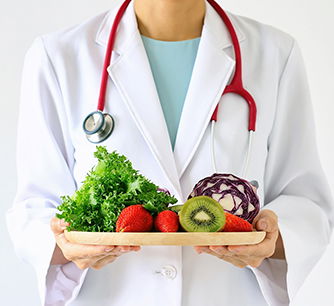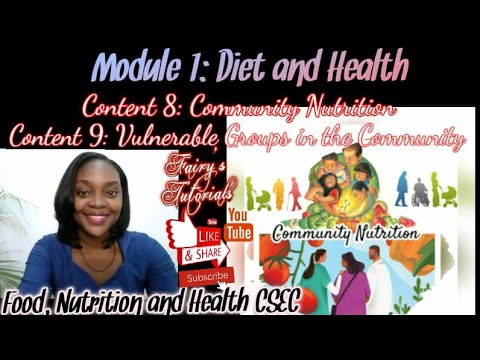Human beings need food in order to survive. Children and adults a like, need to have certain elements in the food they eat in order to develop well, prevent diseases and stay healthy. Most community members in the developing world such as Ghana have little, sometimes no knowledge in these elements and their food sources.

The typical Ghanaian adage “pintin biara ye omee” which can be translated as “every fullness of the stomach is satisfaction”, can vividly support the above statement we have made. This notion by many clients, coupled with the numerous food taboos may be explained as the major factors of malnutrition and other micro-nutrient deficiency diseases in the country.

Since generally, proper growth and development depends on the type of food one eats, it is important for the community health nurse to have knowledge about the right sources of food nutrients in order to impart this to the community members in order to improve their health, resist infection and prolong their life (King and Burgess, 2004).

The food and drink consumed by man are the raw materials from which the body is built, kept in good repair and helped to work efficiently in good health.These foods are broken down by chemical processes into simple substances which are carried into solution in the blood and absorbed by the tissue cells. The waste products are eliminated through urine, faeces and sweat.
Nutrition
This is the study of nutrients in food and how they are used by the body. It is concerned with how food is produced, processed, handled, sold, prepared and eaten as well as what happens to the food in the body- how it is digested, absorbed and used.
Nutrients
Nutrients are the components of food, which the body uses to build tissues for growth, produce energy for strength and protecting against infections to keep healthy.For good health to be achieved through food, a variable number of different food stuff must be eaten in their right amounts at all times.Most diseases and conditions that occur in developing countries are as a result of inadequate or incorrect foods in their proportions.

The three main classes of food
⦁ Energy-giving nutrients, including carbohydrates, fats and oils.
⦁ Body building nutrients, including proteins.
⦁ Protective nutrients, including vitamins and minerals (micro-nutrients).
WATCH THIS VIDEO:

